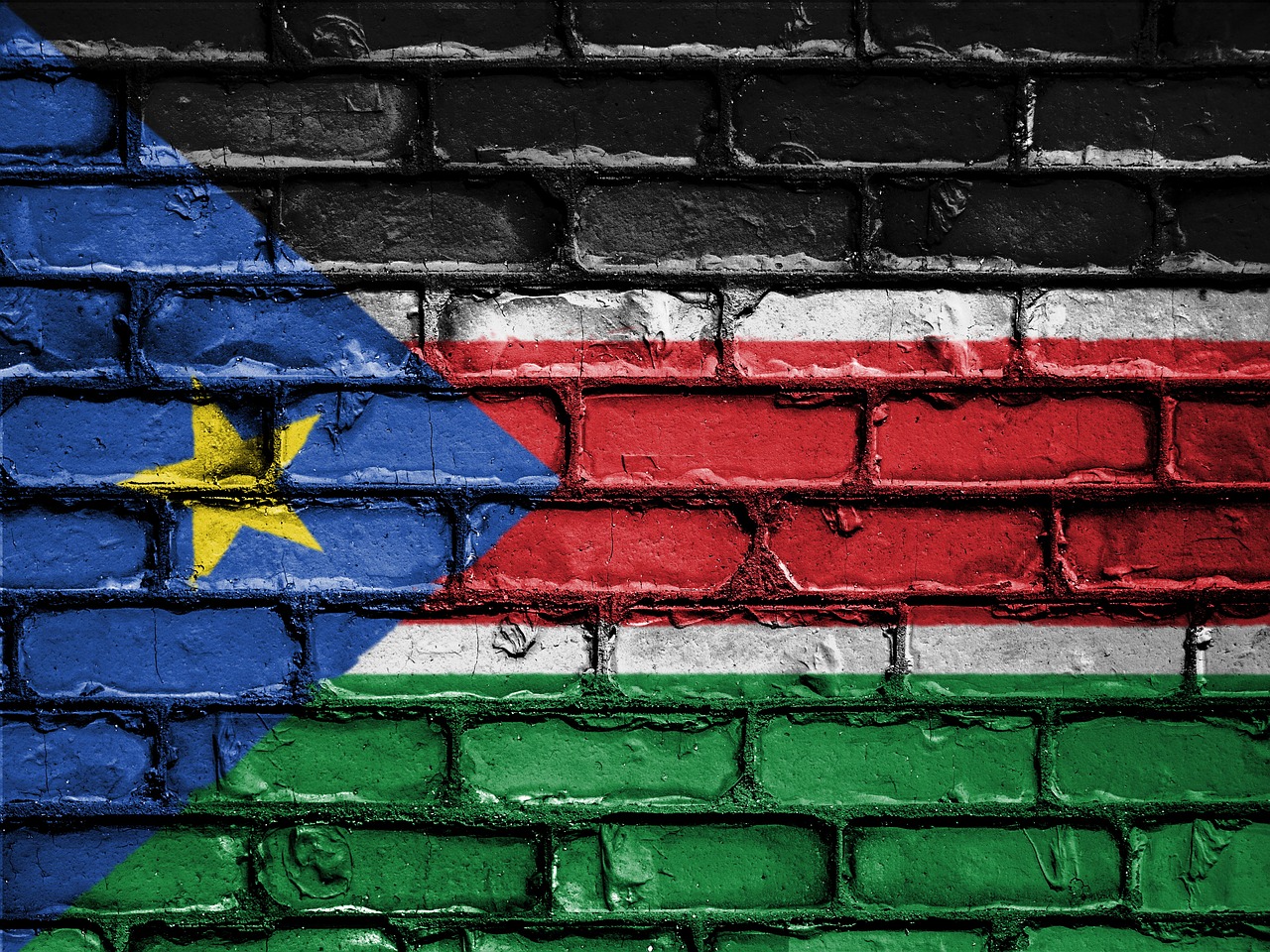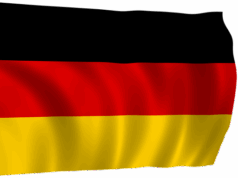
Will Sudan bring about a peaceful transfer of power to a civilian system of government? After a three-day break, the military and opposition want to continue negotiating today. There are still many conflicting issues that counterparties need to communicate about.
The goal seems close enough to touch: after 30 years of military dictatorship under ruler al-Bashir, the opposition in Sudan is struggling for a change of power. During the week, the Transitional Military Council and the „Alliance for Peace and Change“, a coalition of dozens of opposition groups, had already agreed on first cornerstones: there should be a three-year transition period. The 300 deputies of a transitional parliament are to come to two-thirds from the ranks of the alliance.
But then, Military Council leader Abdel Fattah Burhan, a representative of the old regime, promptly flexed his muscles, putting the talks on hold for 72 hours. The ongoing protests, with street blockades in the capital Khartoum, went too far. Yesterday afternoon, he invited representatives of the opposition to further talks in the presidential palace. The United Nations, the EU and the African Union once again urged Burhan on Friday to return to the negotiating table. At the same time, according to eyewitness reports, the protesters had also reduced roadblocks.
Still many problems unresolved
Is there any hope for a quick agreement? The German Sudan expert Tobias Simon, who has traveled the country several times and maintains close contact with local activists, remains skeptical. The frustration is currently growing on both sides: The military, which is convinced that the demonstrators have already come far enough. The opposition, which aims for a complete transfer of power to civil society. „There’s a deal in the air, but it’s not quite done yet,“ says Simon.
Ayman Shabana, a political scientist at the University of Cairo, also sees many problems unresolved: For the Council of Ministers to be formed, the roles of the military and the opposition are far from balanced, a government program still far off.
„Potential for conflict also raises the question of how to deal with the leaders of the old regime and they are under suspicion of corruption and murder,“ says Shaban. Moreover, it was difficult to get all the opposition groups under one hat. Traditional opposition parties have already pursued their own goals and denied their involvement in the political transition process.
New outbreak of violence is conceivable
Abdel Wahid Ibrahim resolutely opposes this. He is the spokesman for the National Front Sudan, which was founded in London in 2010 and supports the „Alliance for Peace and Change“ in Khartoum. He says, „Splitting up, no, we will not allow that, we accept different opinions on the various issues, and this alliance was created to make the transition – and then we turn to general elections, all of which have this theme Country will be discussed. “
Until then, it is still a long way. Above all else, protesters‘ fears hover over paramilitary units like the infamous „Rapid Support Force“ (RSF) still trying to crush the opposition by force. Last Tuesday several demonstrators were shot dead. Representatives of the opposition blamed the RSF for this. Wahid Ibrahim also sees, as the negotiations proceed, the danger of further incidents: „The lost regime was a fascist regime, anything is possible, and violence has always been part of its ideology, a system that did not believe in democracy.“



